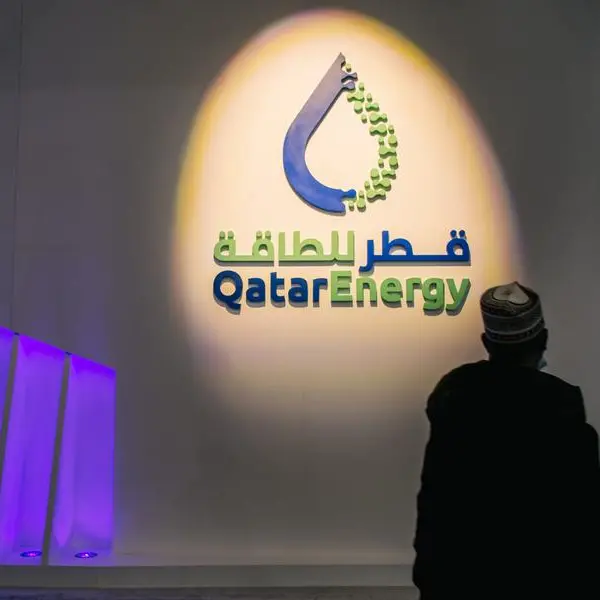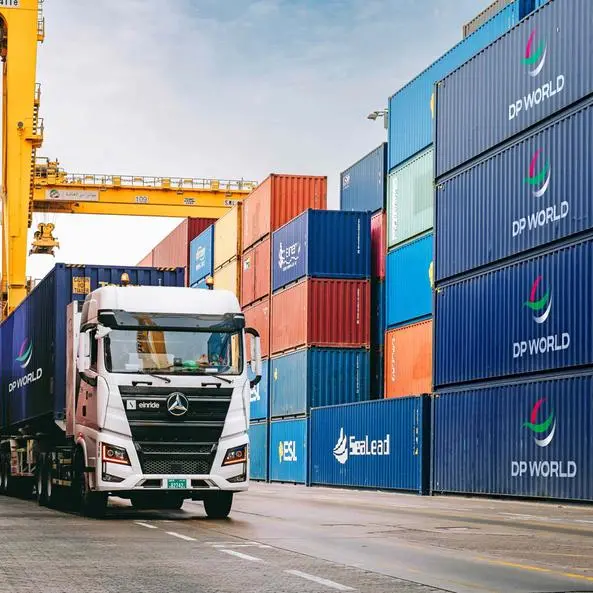PHOTO
Representing the Sultanate of Oman at the Summit on behalf of His Majesty Sultan Haitham bin Tarik was a high-level delegation headed by His Highness Sayyid Fahd bin Mahmood al Said, Deputy Prime Minister for the Council of Ministers. Among other things, GCC leaders green-lighted efforts to integrate the respective rail networks of member states.
The nod from the GCC Supreme Council comes a year after transport ministers of the Gulf states met virtually to review a draft of the proposal for the establishment of a GCC Railway Authority. The meeting, with Eng Said bin Hamoud al Maawali, Minister of Transport, Communications and Information Technology (MCTIT) in attendance from the Sultanate of Oman, also studied draft proposals for linking the Gulf states with the railway network and also reviewed projections of passenger and freight volumes expected to be carried by the GCC rail system.
The Sultanate of Oman, for its part, had energetically pursued plans to develop a 2,144km-long high-speed national railway system connecting the country’s three main seaports at Salalah, Duqm and Sohar and integrating with the GCC network at Hafeet on its border with the United Arab Emirates. However, the global oil price collapse in 2014 that sparked a wider economic downturn put the brakes on this landmark project.
In the meanwhile, Asyad Group – the state-owned holding company of government assets in ports, transport, shipping and logistics businesses – continued to explore options for a dedicated Mineral Railway line linking vast mining sites in the south of the country with the Port of Duqm.
It envisages the construction of a roughly 375km line to support the annual transportation of over 30 million tonnes of mineral commodities from sites in Al Wusta and Dhofar governorates to processing plants and export-channels in Duqm.
It will also enable the transportation of a projected 1 million tonnes of oilfield equipment from Duqm port to oil and gas fields located in the surrounding area. Furthermore, by transporting around 3 million tonnes of industrial goods and 15 million tonnes of general products, including foodstuff and agricultural products to destinations in Al Wusta and Dhofar governorates, it will also act as an alternative to road-based transportation.
Asyad Group’s dedicated Oman Rail unit has been working with government agencies, including the wholly government-owned Mineral Development Oman (MDO) in exploring private investment in the venture via the Public Private Partnership (PPP) route.
More recently, a spatial strategy unveiled by the Ministry of Housing and Urban Planning earlier this year envisions the potential for a commuter rail line connecting Al Seeb in Muscat Governorate with Suhar. A light metro connecting Ruwi with Al Seeb is also proposed as part of an urban transformation plan.
2021 © All right reserved for Oman Establishment for Press, Publication and Advertising (OEPPA) Provided by SyndiGate Media Inc. (Syndigate.info).





















